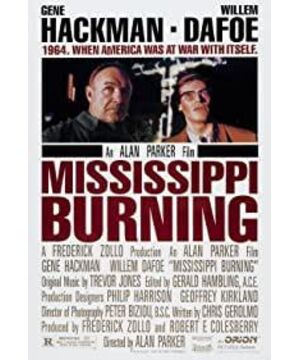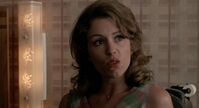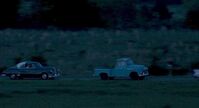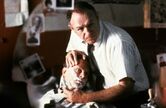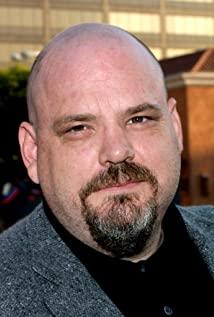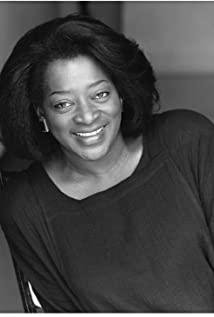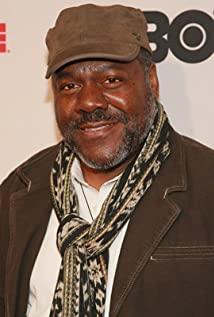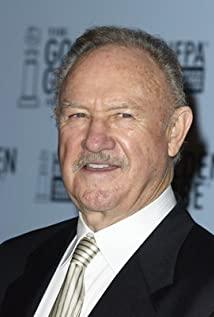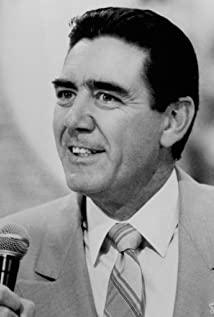View more about Mississippi Burning reviews
Mississippi is burning
Rozella 2021-12-08 08:01:49
-
[Ward stops Anderson from taking vigilante action against Pell]
Ward: We'll go after all of them. Together.
Anderson: You wouldn't know how!
Ward: You're going to *teach me* how.
Anderson: You don't have the GUTS!
Ward: Not only do I HAVE the guts I have the AUTHORITY!
-
Television Commentator: Your name, please.
Clayton Townley: Clayton Townley, local businessman.
Television Commentator: Are you, sir, a spokesman for the White Knights of the Ku Klux Klan?
Clayton Townley: I told you, I'm a businessman. I'm also a Mississippian, and an American! And I'm getting SICK and TIRED of the way us Mississippians are getting our views distorted by you newsmen and on the TV. So let's get this straight. We do NOT accept Jews, because they REJECT Christ! And their control over the International Banking Cartels are at the root of what we call Communism today. We do not accept Papists, because they bow to a Roman dictator! We do not accept Turks, Mongrels, Tartars, Orientals nor Negroes because we are here to protect Anglo-Saxon Democracy, and the American way!
Television Commentator: Thank you very much.
More reviews
-
Roger Ebert's film review translation
-
Burn the chronic diseases of society with persistence
-
A human rights film with turbulent and contradictory plots, a classic masterpiece that deeply reflects racial discrimination
-
Anti-racism road is obstructive and long
-
Facts and fiction in the film (from the New York Times)


